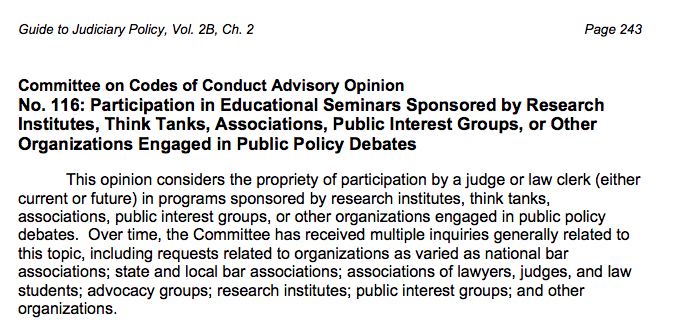increases the probability of receiving very low scores on psychometric tests by 8 to
25 percent over the baseline," they right.
So, what kind of parent puts their kid in front of crap TV all day?
It's hard to run an experiment in which you take people from *exactly the same* socioeconomic background,
"Our findings," they conclude, "offer the first systematic evidence that exposure to entertainment
television influences voting behavior." No, it doesn't. It shows a correlation between
They add that it " suggests that this effect is mediated by deeper cognitive and cultural transformations." IOW, they think stupid TV rots your brain.
2.85 percentage point increase in the vote share of Forza Italia." TBC















